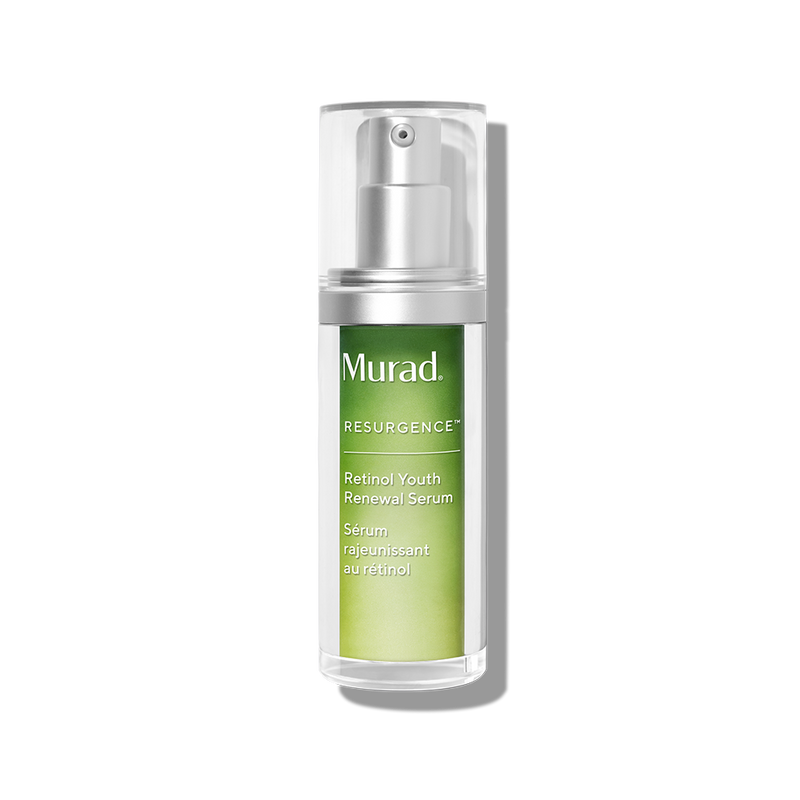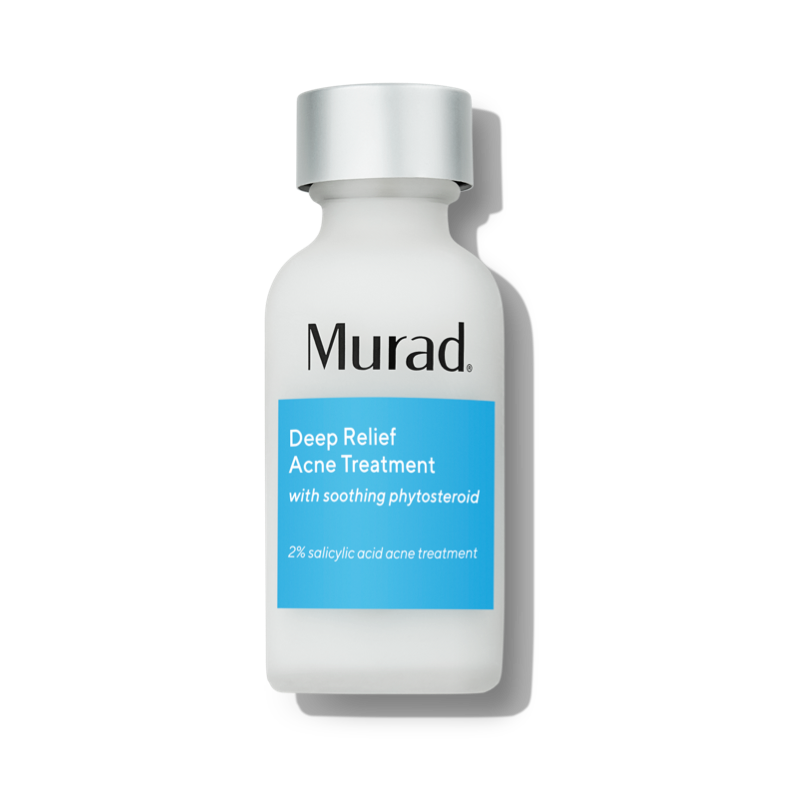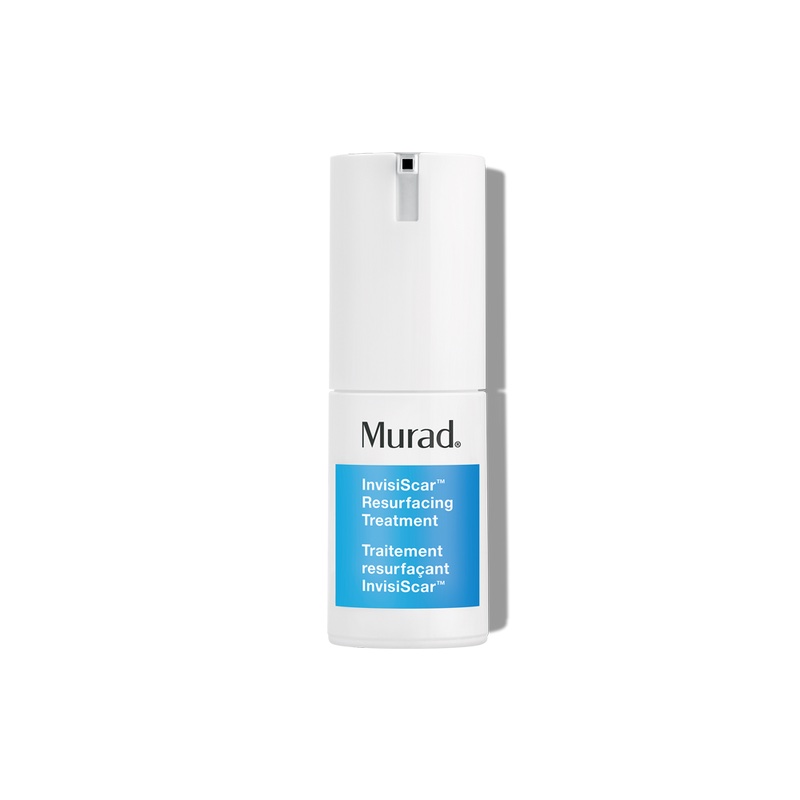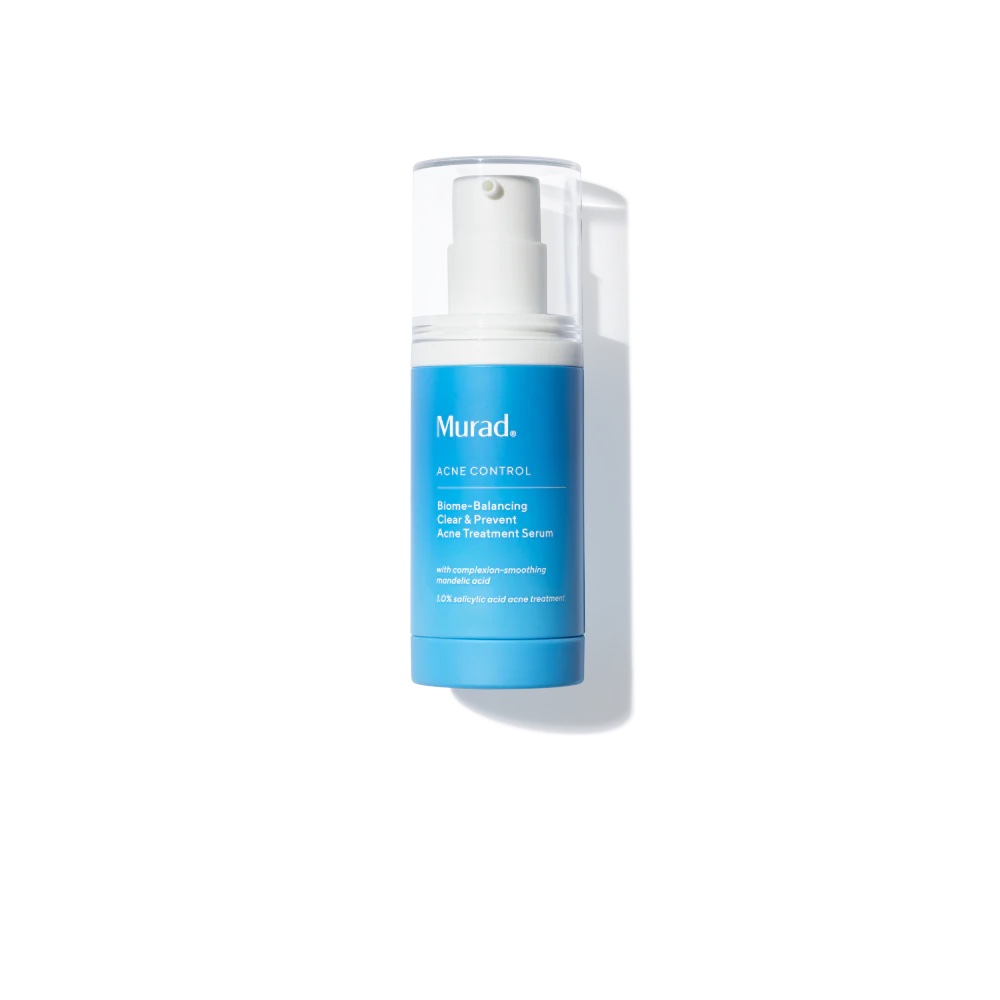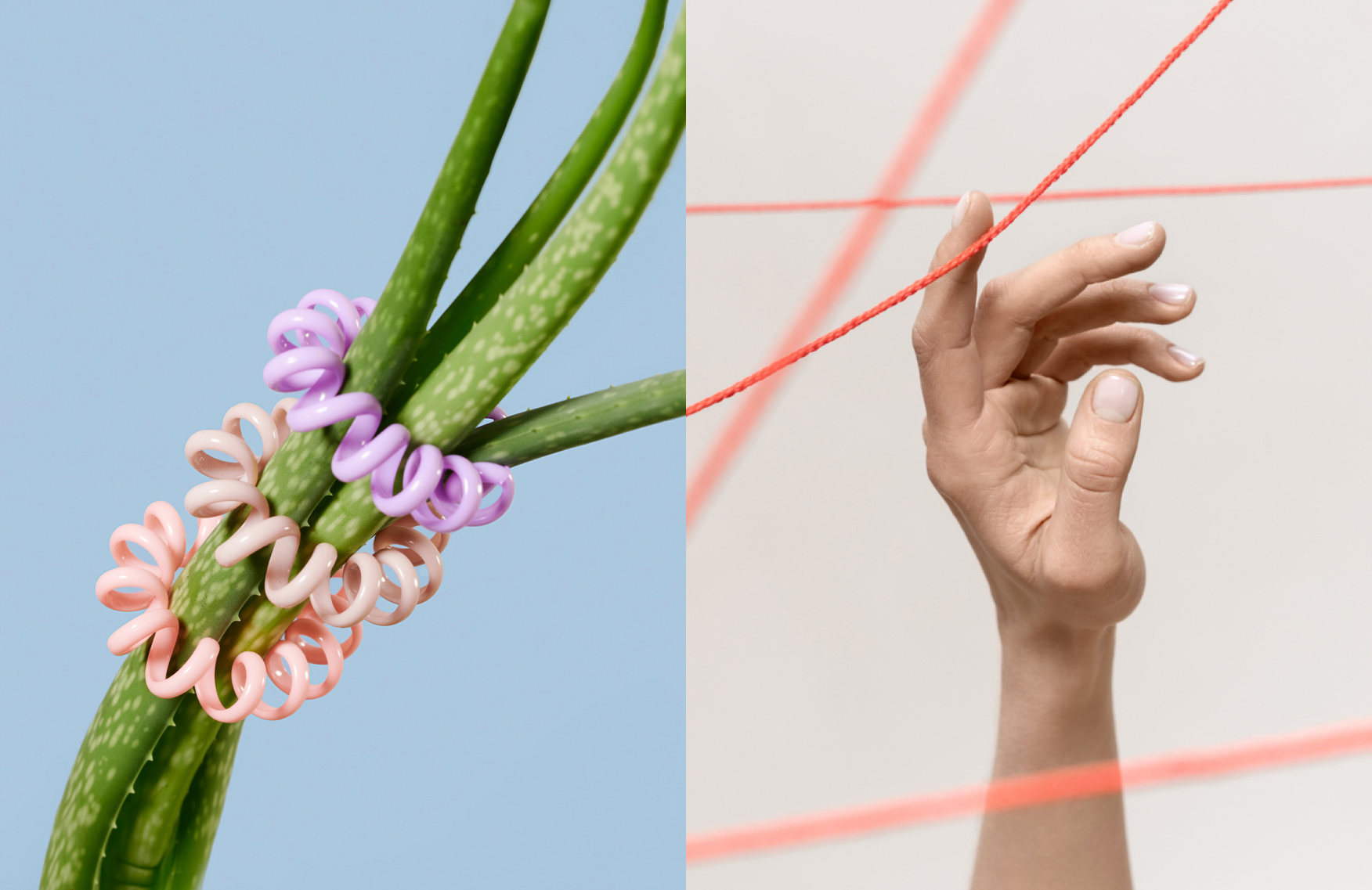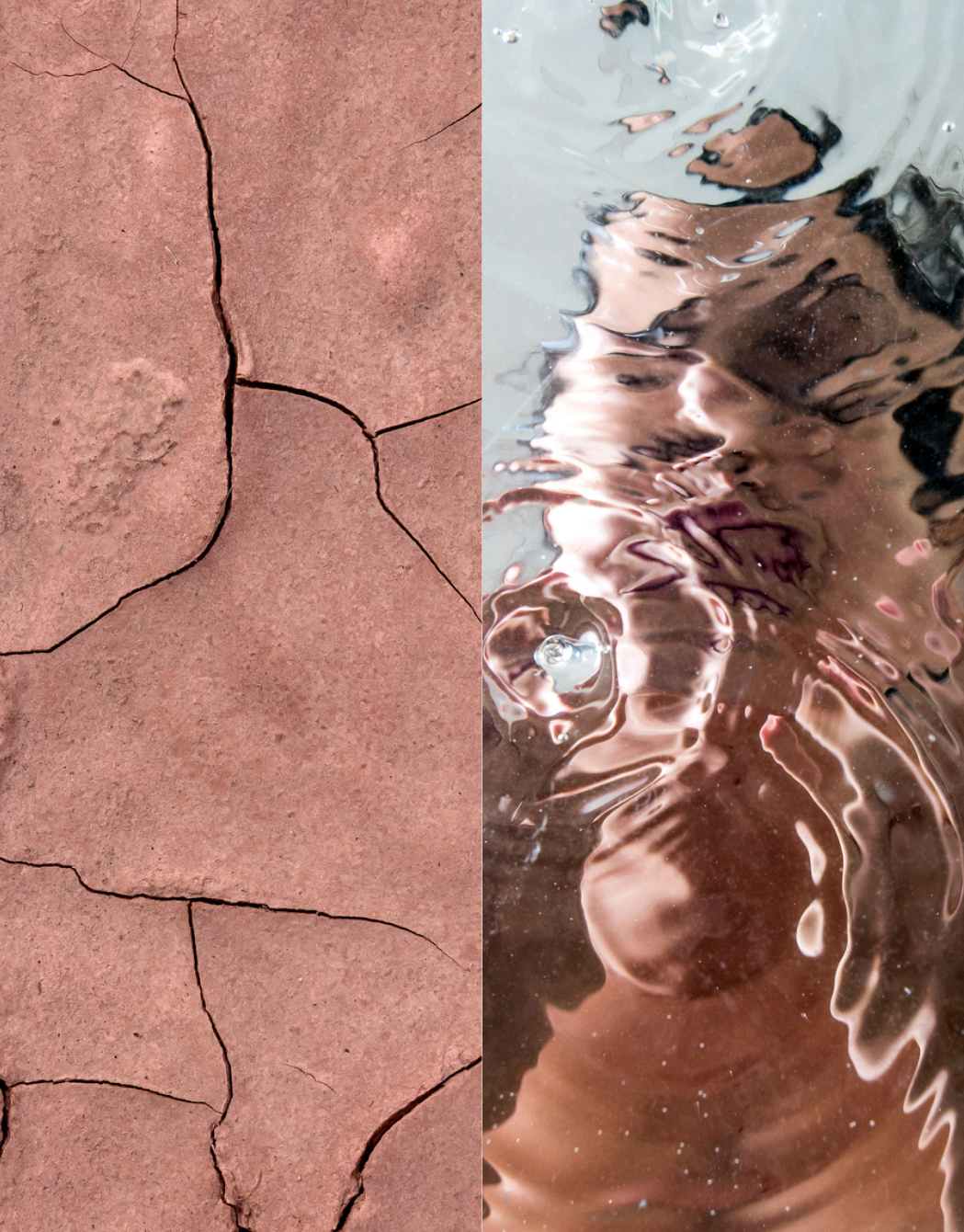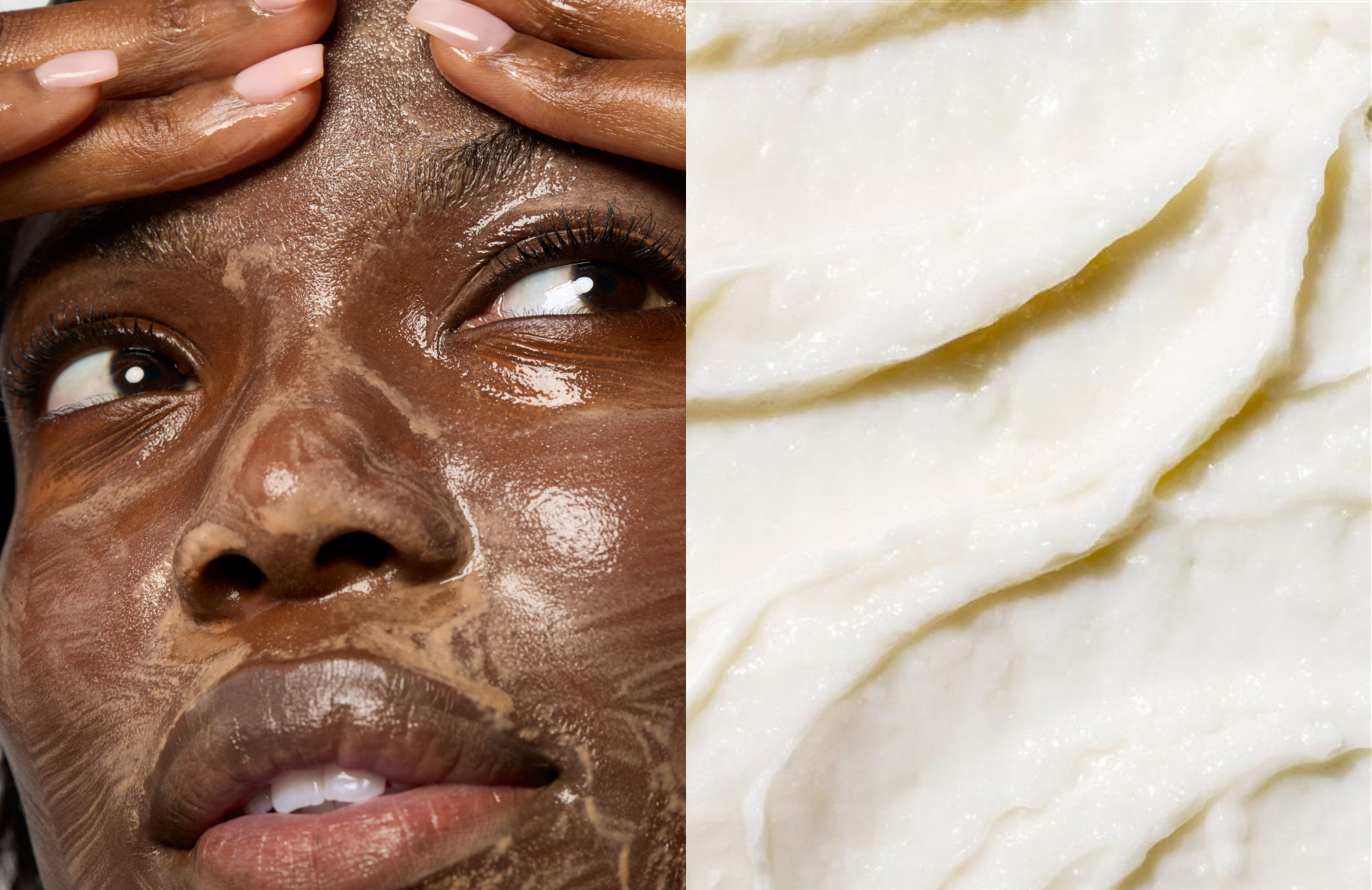Bummed about breakouts? This model/esthetician reveals how to change your relationship with acne—and yourself
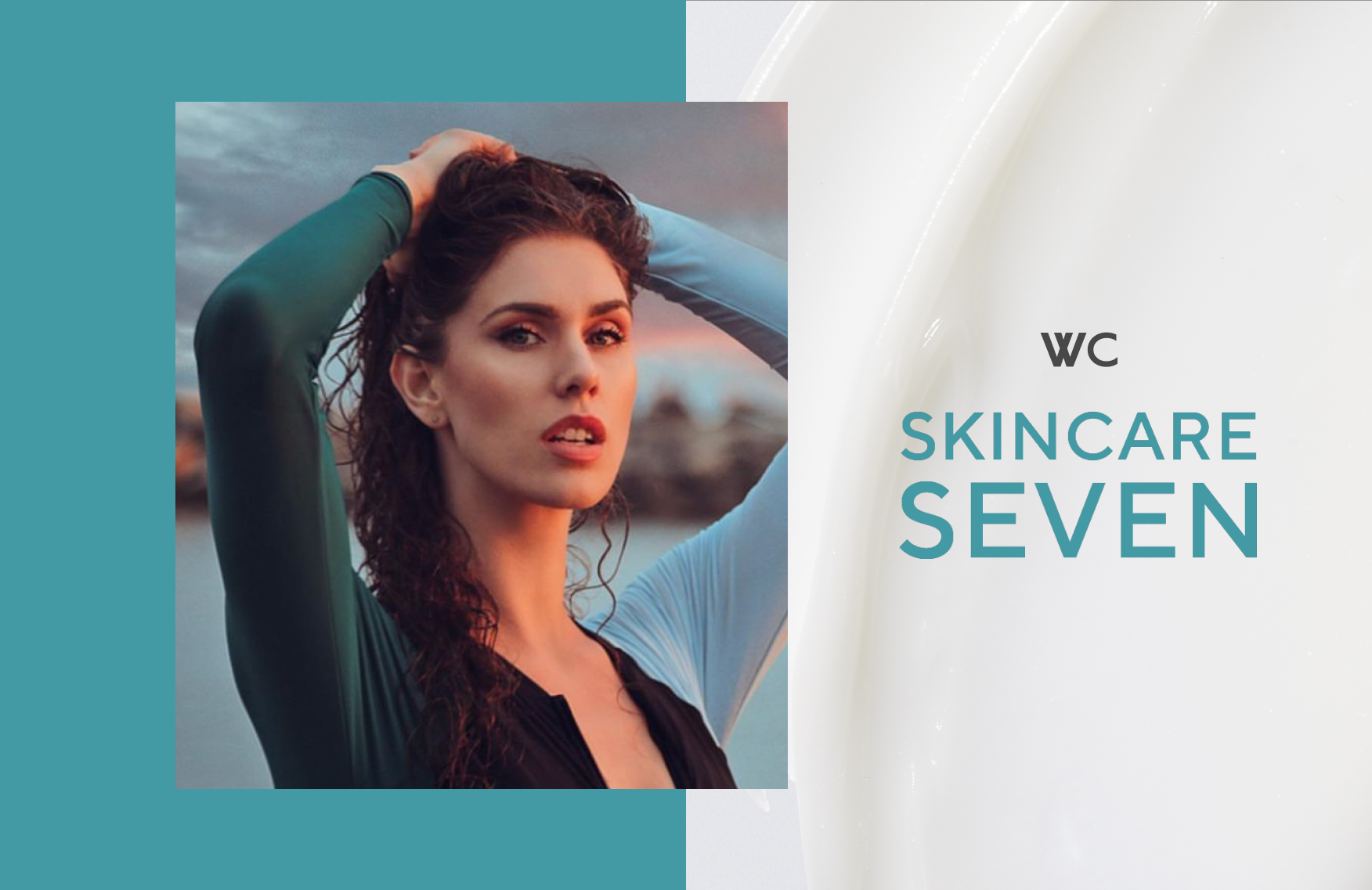
Welcome back to Well Connected’s Skincare Seven, where we pull back the curtain on some of our favorite creators to learn their deepest, darkest skincare and wellness secrets in just seven questions. In honor of Acne Awareness Month, meet Cassandra Bankson, a model and skinfluencer who doesn’t shy from sharing her skin struggles and triumphs with the world. Now, Cassandra is a licensed medical esthetician who’s dropping skin wisdom and helping her audience navigate the wide world of skincare. Read on for secrets to managing mental health, healthy skin and showing up for others on social media.
Acne, and my insecurities around it, prevented me from being able to make friends, stopped me from going to my own prom, prevented me from dating and almost caused me to end my own life years ago. In a strange way, using my pain and suffering has allowed me to empathize and connect more with others, and has also given me an unrelenting passion to learn more about skin, acne and society’s relation to it. If I didn’t go through those painful experiences, I don’t know if I would be as curious or passionate about skincare and acne as I am today.
Recognize skincare as only part of the solution.
Years ago, I met Dr. Murad, and he gave me a signed copy of his book, The Water Secret. That book was monumental in understanding how my nutritional choices impact my overall health and skin. In the journey to understanding and clearing my own skin, I found that using the right products was only about a third of the equation. What I ate, drank and consumed (as well as stress and environmental factors) could have a positive or negative impact on the way my body felt overall, my hormones and therefore my skin.
Consult with pros.
The right diet and skincare routines won’t be the same for everyone. That’s where doctors, dermatologists, and other professionals come in. Seek professional guidance to learn how stress management, hormones and nutritional or lifestyle choices may be impacting your skin
Take a whole body approach.
Personally, I found that dairy was a huge trigger for my acne, but others may find that high glycemic foods can cause breakouts. Overall, incorporating more antioxidants and nutrient-rich fruits and veggies into our diets can be a positive thing for our skin and bodies overall. Plus, finding ways to manage chronic stress, like practicing meditation and gratitude, can be helpful for hormone levels, body and outlook on life.
For those who are struggling with bullying from others (or themselves), I would share something that is the opposite of what my loving mother told me: They are just saying that because they are jealous of you. You’re brilliant mom, but I don’t think that’s the case.
The truth is…hurt people hurt other people. In order for someone to comment on your skin, they must be trying to deflect or reject something within themselves. Often, the things we judge most about others are the things that we hate about ourselves. Do your best to see them as people who are struggling themselves, and perhaps you can even hold space for compassion. And of course, if the bullying or comments are relentless, please don’t hesitate to reach out to a therapist, counselor or HR department to directly address inappropriate comments being made about you or someone else’s physical appearance and skin.
If you are struggling with insecurities within yourself, find the things you love about yourself. This was paramount for me! Even when my skin was making me distraught, I tried my best to tell myself that my eyes looked beautiful that day. Or that I did a really great job on a recent work project. Giving myself compliments outside of what I look like helped me to build my confidence in my appearance—even with acne.
While social media can have its negative pockets, overall it has been monumental in sharing the stories of real people with not only acne, but other skin conditions. Instead of relying on magazines and mainstream media to tell us what’s beautiful and what to think, social media has given us the power to discover each others’ stories and lived experiences.
Every time we like a post, that is literally a vote that we are giving to the algorithm as to what we want to see more of our feeds. I love that I get to see skin conditions, hair textures, body types, skin colors, religions and opinions that are different from my own, and find beauty in all of those things. Because of this, social media has allowed us to redefine what beauty means to us, both personally and as a society.
Sometimes it’s scary to admit that I still have my bad days. Especially as an esthetician, it can still hurt when people comment or question why I am speaking about acne to others if I am breaking out myself. But I remind myself of my personal journey and the empathy that it has given me—or what I wished that I would have gotten from estheticians, doctors or practitioners when I was 16 and struggling.
For me, awareness is the first step. I can reflect that even though my emotions and feelings are valid, they are not necessarily reflective of reality. This is also the moment when I take a step back and remember the bigger picture of how my acne has helped me connect with and care for others and given me my passion around skincare. And yes, affirmations in the mirror that have nothing to do with my appearance also help.
If all else fails, a walk in nature or a swim in the ocean is a complete reset. Nature doesn’t care about what your skin looks like. And if the bark on trees can have a beautiful texture, why can’t my skin?
I believe this as well. There are medical papers and studies showing that high levels of chronic stress can raise cortisol and DHT in the human body, which we know can be linked to oil production and cause breakouts to worsen in some people who are prone to it. However, acne is not a monolith and everyone’s skin responds differently.
A helpful acronym that I was introduced to is the HALO method, which stands for Help, Advice, Listening and Opinion. When a friend, colleague, or person comes to me stressed, I ask them if they want my help, advice, if they want me to listen, or if they want my opinion of the situation. When I am stressed and go to a friend or therapist, I have to identify what I want from them as well—help, advice, someone to listen to me or their opinion.
Being aware of when I am stressed out, and then knowing my most beneficial outcome helps me to identify the type of support I need and how to pursue it. Actively working with my stress to navigate it has been so much more helpful, especially when the stress feels impossible to overcome.
DO start with medically proven ingredients. There is lots of data on salicylic acid/BHA, benzoyl peroxide, sulfur and retinoids for the treatment of acne. If you haven’t tried these ingredients, start here first.
DO see a doctor who can diagnose your acne. As an esthetician, so many people have come to me thinking that they have acne when it’s actually been a fungal infection, pustular rosacea, a staph infection or something else. Many things can look like acne, but the diagnosis is key to being able to find the prescriptions and treatments that work for you.
DO look at your lifestyle, habits, and factors such as stress, diet and health. Our body is not made up of a bunch of organs working singularly. It works as a beautiful system, where each organ is dependent on another, including your skin.
DON’T judge yourself too harshly. So many people blame themselves for the way their skin looks, when often things like genetics, life events out of our control, or other things are to blame. Acne is normal, and it’s not a moral failure of yours.
DON’T switch products too quickly. People cycle through products and try a new item every couple of days, before many of them have a chance to work. Results are not immediate and good things take time. When using a new product, try to stick with it for four weeks (or a couple of months) to determine whether or not it works for you.
DON’T pick your pimples. I know this can be extraordinarily hard, and as someone who picked my pimples myself for years, it can almost become a habit that provides stress relief. But picking pimples can cause damage to the skin, scarring, introduce bacteria from your nails and even rupture the delicate structures that lead to infections. Try patching it, not picking it. There are some great pimple patches on the market. You can also use spot treatments. If you’re someone who relies on the slight sting of popping a pimple, you might also enjoy pimple patches with micro needles in them, or doing a high frequency treatment or chemical peel. These treatments can be a little bit painful, but feel similar to popping a pimple without the damage that pimple popping can cause.
DON’T stop learning about your skin, products and your acne. I truly believe that knowledge is power, and the more you can learn about the anatomy of your skin and the chemistry of your products, the more you can understand what will or won’t work for you, and what is not worth your money. Acne can make us feel so out of control and helpless at times, that I have found that learning about it has helped demystify and embrace it. Not to mention, it helps me connect empathetically with others to help teach and pass that knowledge and empowerment forward.
More from our Skincare Seven series:
7 questions with this self-made TikTok skinfluencer
This Harvard educated, board-certified derm’s best advice for you
40+? Here’s what this TikTok famous makeup artist wants you to know about skincare
A beloved home decor influencer reveals how to make your skin look as good as your living space
Want glass skin? Here are the secrets behind this J-beauty influencer’s iconic glow
The views expressed in this article do not necessarily represent the views of Murad, and are for informational purposes only, even if the advice of physicians and medical practitioners are included. This article is not a substitute for professional medical advice, diagnosis or treatment, and should not be considered specific medical advice.
